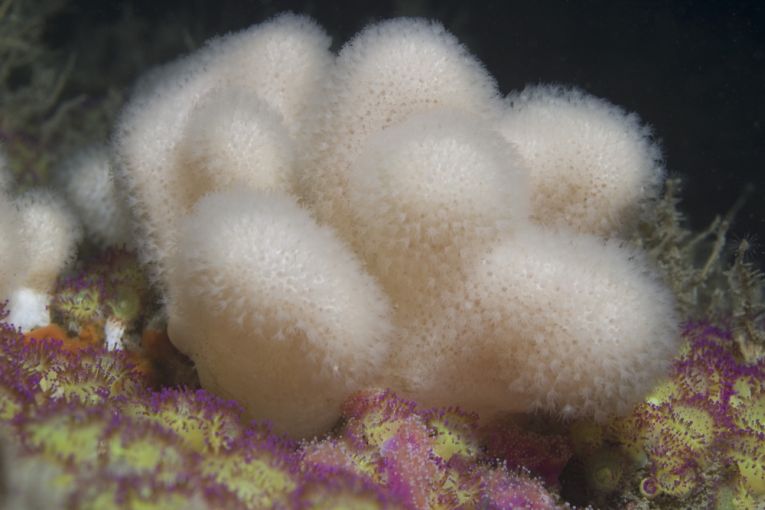With the news that the UK's parliamentarians (The House of Commons Environmental Audit Committee) dislike the slow progress in creating marine protection reserves, the blueprint is hopefully laid. Our future depends on these reserves, worldwide. In the ocean's equivalent of "built-up areas," kelp beds, corals and sea-grass have disappeared and are fast approaching the point of no return. If we can't rescue these NE Atlantic coasts, this could mean the end for most marine life that survives anywhere near our cities and industries.
The European Parliament has recommended the establishment of no-take zones where fish stocks can recover in 10-20% of each nation's territorial waters. The UK's ambitious plans for 127 Marine Conservation Zones (MCZs) incorporated different types of conservation action in the areas best suited for conservation effort, but sadly fell short of that aim. No-take zones are possibly the sticking point, but not all MCZs would include no-take zones. That admirable plan covered more than the recommended territorial area, reaching a full 27% of the UK marine environment. Government shifts to try and reject 96 of the proposed sites would seem to block the whole idea. 27 MCZ only have been designated, with a further37 in 2015.
Throughout Europe, Mediterranean red corals remain one of the few successful protection efforts, in a very small set of Marine Protected Areas (MPAs) near Corsica. A rather limited whale sanctuary exists around France, Monaco and Italy. Both of these reserves seem very unsuccessful as the Mediterranean acidifies and warms, destroying corals and, "snail-reefs." This was revealed by research directed by the University of Barcelona's in Mediterranean Demise.
If the British Isles fail to recover their over-fished part of the wild Atlantic, there seems little hope for the Baltic and the remaining Atlantic coastal fringes either.
Compare potential areas to the huge Pacific reserves such as that in the Cook Islands with more than 1.1million square km/around 400,000 square miles Even the US, with its giant MPA, admittedly around Hawaii (the 140,000 square mile/360,000 square km PapahÄnaumokuÄkea Marine National Monument) is now enlarging MPAs. Europe does seem to lag behind. The continent only leads in long-term exploitation, especially with fish stocks.










